At the United Nations General Assembly in March of this year, Chinese Ambassador Dai Bing emphasized to the General Assembly that: “If the U.S. truly cared about human rights, they should address the deep-seated problems of racial discrimination, social injustice, and police brutality on their own soil.”
This was only one of many recent statements by the Chinese regime and Chinese Communist Party (CCP) officials condemning the United States as a “racist country” ruled by political leaders who cater to the wealthy one percent of the population that owns eighty percent of the nation’s assets while ignoring the needs of the poor, people of color, and refugees from violence and poverty in Latin America.
Indeed, Chinese leaders have even gone so far as to harshly criticize Washington for its handling of the COVID-19 crisis that the regime covered up as the first cases claimed lives in Wuhan. In one statement, Beijing said that: “To defeat the epidemic requires mutual help, solidarity, and cooperation among all countries. However, the United States, which has always considered itself an exception and superior, saw its own epidemic situation go out of control, accompanied by political disorder, inter-ethnic conflicts, and social division.”
Of course, there is truth in these statements, but far from the whole truth and far from the unbiased truth.
The statement of the Chinese ambassador to the U.N. was made in front of the American Ambassador Linda Thomas Greenfield, a black American.
Indeed, while taking America to task for racism and exploitation of the poor by the rich, the CCP has systematically been carrying out genocidal policies aimed at increasing Han Chinese dominance in all regions claimed by China. This began in Tibet in 1949 when the CCP army conquered then-independent Tibet and began to move Han Chinese settlers into the country while destroying many of its temples, books, and religious sites. Han Chinese make up 94 percent of modern China’s population.
Xinjiang has been part of China since the 18th century, but it was long populated predominantly by Muslim Uyghur people with no likeness to Han Chinese. For some time now, Beijing has been suppressing the native Uyghurs and has even been making it difficult or impossible for them to have children among themselves. All instruction in the schools is in Mandarin rather than in the Uyghur native language, and, as in Tibet, masses of Han Chinese are being sent to live and work in Xinjiang by Beijing in a major effort to sinicize the region.
Over the past two years, a similar effort has been started in the region of Inner Mongolia. Inner Mongolians typically use the Mongolian language for everyday speech and students had always been taught in the Mongolian language. Now, however, it has been declared by Beijing that all schools must do their teaching in Chinese Mandarin rather than in the native language of the students. This has caused strong opposition and even riots and demonstrations in Inner Mongolia, but to no avail. The CCP is determined to make the province Han just as it has been doing in Tibet and Xinjiang.
The issue of American racism is widely discussed in the open U.S. press and in the international free world publications and broadcasts. By severely censoring its own press and limiting the presence of foreign correspondents, while also severely limiting where they may go and to whom they may speak, Beijing has prevented the spread of knowledge of its racism to all but a few Chinese-speaking experts. Yet, the CCP’s racism is more deeply rooted and presently active than any American racial phobia.
The Chinese ambassador to the U.N. was speaking before an American ambassador who is black. When can we expect to see the first Chinese ambassador or Mongolian, Tibetan, or Uyghur extraction? The United States has had a black president and has elected many people of African extraction to the U.S. Congress and Senate. America has had and has black Supreme Court justices, ambassadors, and Cabinet officials of Asian, Hispanic, African, American Indian, and mixed-race extraction.
When will the world see the first non-Han chairman of the Chinese Communist Party, or member of the Politburo, or member of the Central Committee, or People’s Liberation Army commander?
Maybe when hell freezes over?
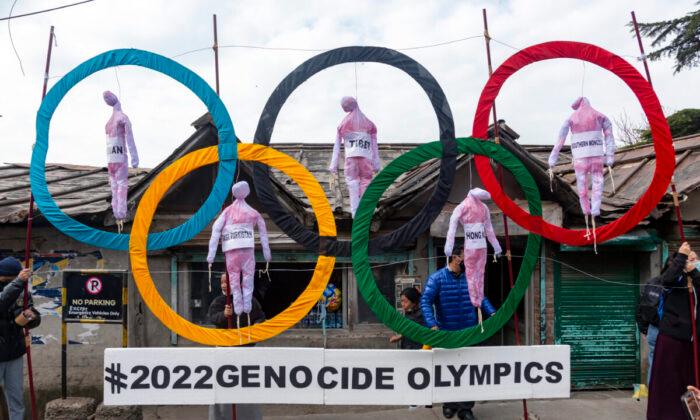

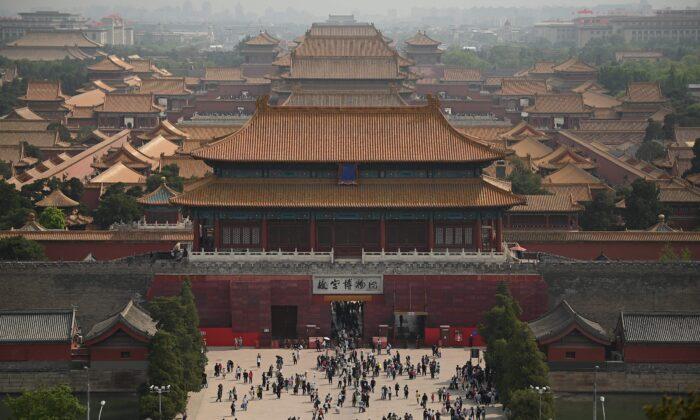
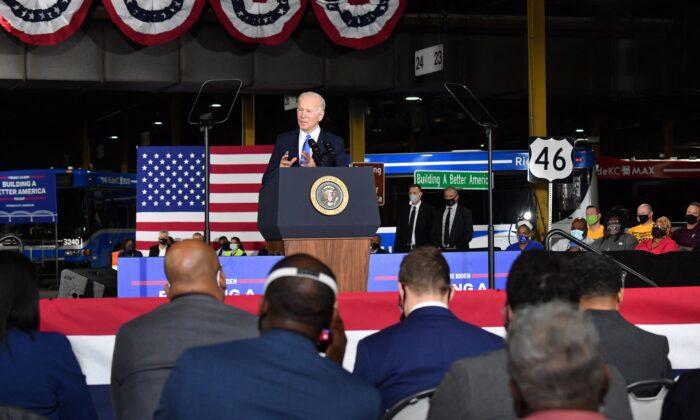
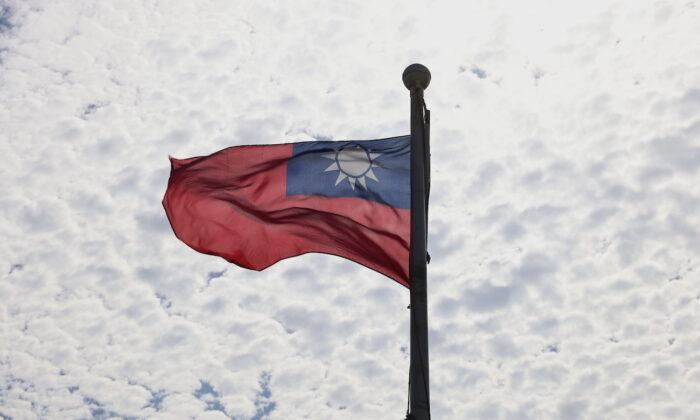
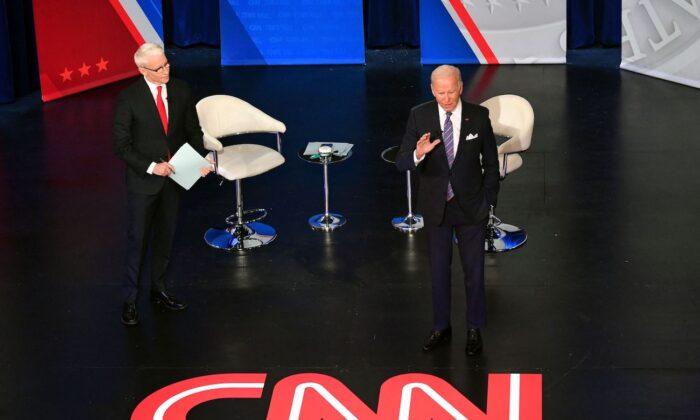
Friends Read Free